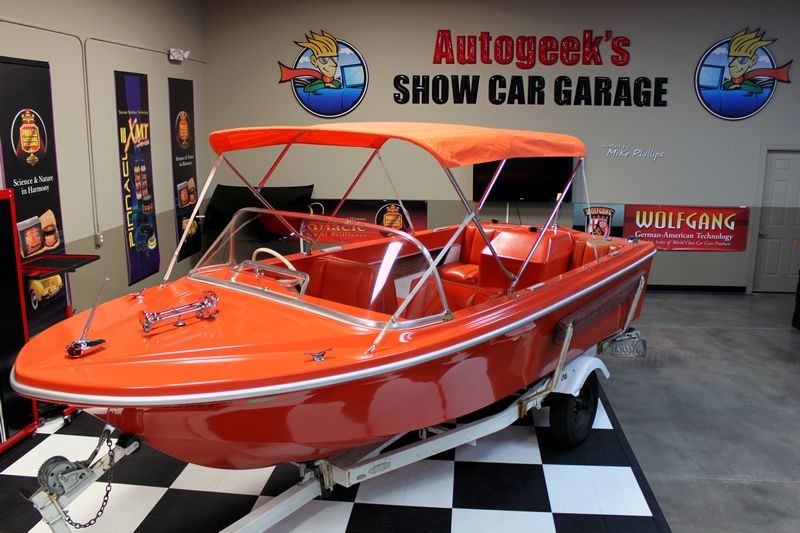When I worked at Meguiar's, this question came up all the time with people wanting to use Marine products on their car and Automotive products on their boat.
First, when it comes to the abrasive products there can be a huge difference as Marine products can and do tend to be a lot more aggressive as gel-coats are thick compared to the factory clear coat on a new car. So using an overly aggressive product, especially by a detailing newbie could lead to problems real fast.
On the other side of the coin, Automotive compound and polishes usually are not aggressive enough to do the same work in the same amount of time as Marine products.
As for the waxes and sealants... I'm not a chemist and never try to play one on the forums but I do know after working with chemists that there are things they can do to products to tune them more to the surface they are to bond to and for the environmental climate they well be used in.
So I'm confident that with top notch chemists behind the formulas there are likely differences in formulas for products targeted at specific markets. When it comes to the abrasive segment for the majority of people it would probably be a good idea to not use Marine abrasive product on your car's clear coat finish. You could use automotive abrasives on Marine surfaces but accomplishing a task may take longer.
I used Flagship Marine Wax on my Milk Truck all the time after first buffing off the oxidation using automotive products... seem to work good, the Milk Truck was always shiny.
1966 Milk Truck
I used automotive products on the Sanger Drag boat I owned but it was always in excellent condition.
And I've used a vast combination of both Marine and Automotive products on my current boat...
1967 Starline Deville
From a manufacturer's point of view... you recommend marine products for marine surfaces and automotive products for automotive surfaces. You maintain a constant message if for no other reason than to avoid confusion in the consumer market place.



